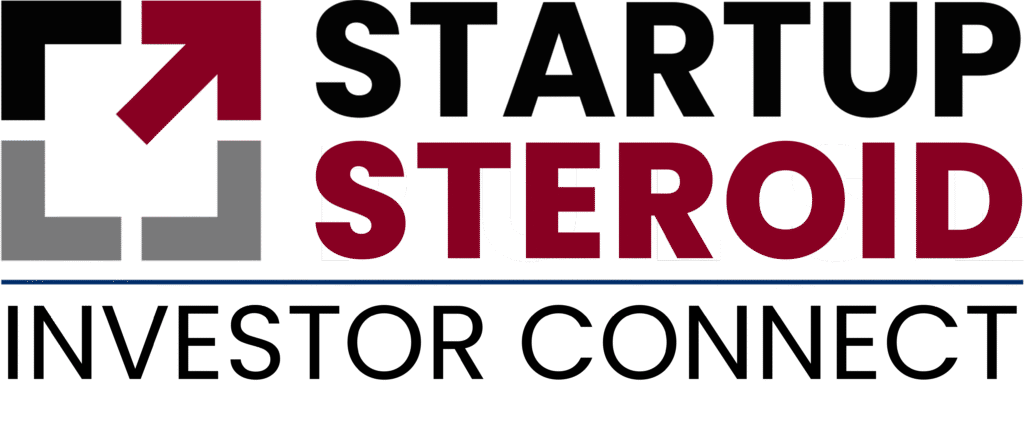As companies encounter growing complexity and accelerating change, boards will need to take a leading role in strategy development and ensuring sustainability. By adopting digital tools rather than traditional practices, boards will be able to make better-informed decisions. A board management platform is quickly becoming a must-have in order to remain competitive.
Streamlining Board Operations
Managing board documents, agendas, and meeting schedules can be time-consuming and prone to errors. A board management platform combines all these processes in one place, allowing board members to view the most up-to-date documents whenever and wherever they want. This lessens administrative workloads and keeps meetings more efficient.
Capabilities such as encrypted document storage, version control, and live updates help boards reduce administrative burdens and prioritize strategic deliberation. Businesses leveraging these platforms usually make faster, more informed decisions, gaining a competitive edge over those using standard processes.
Enhancing Collaboration Among Board Members
Effective boards thrive on collaboration. A board management system offers facilities that help the directors communicate with one another even when they are located in different places. They can exchange notes, leave comments on agenda items, and vote on resolutions online.
Board-level collaboration makes it possible to consider diverse perspectives before arriving at important decisions. This capability helps them respond promptly to changes and capitalize on opportunities, a crucial factor in today’s agile business landscape.
Improving Decision-Making Through Insights
With built-in reporting and analytics, a board management system empowers boards to make educated decisions. They can look at historical behavior, monitor key performance indicators, and uncover trends impacting the company’s long-term strategy.
With improved organizational performance understanding, boards can make more informed and aligned decisions that resonate with long-term goals. Strategic deployment of insights strengthens the board’s leadership prowess and places the firm at the competitive forefront.
Strengthening Security and Compliance
Today’s boards are tasked with strategy, compliance, and risk management. Confidentiality doesn’t take a backseat in boardrooms, and technology offers the platform to maintain it. A board management platform fortifies trust by securing communication, tracking activity trails, and safeguarding voting processes—never exposing sensitive details and keeping governance risks at bay.
Boards that prioritize security and compliance through a reliable platform build trust with shareholders and stakeholders. This confidence can lead to stronger partnerships, more favorable investments, and a more favorable overall market positioning.
Supporting Remote and Hybrid Board Structures
The rise of remote and hybrid work has changed how boards operate. A board management platform allows directors to engage in meetings from anywhere, ensuring steady participation and uninterrupted governance even when members are not physically present.
Boards which can work smoothly in any environment have strategic momentum, avoiding delays which the competitors can experience owing to disjointed communication or lost meetings.
Facilitating Long-Term Strategic Planning
Boards are more and more being called upon to steer businesses through increasingly complicated and fast-moving markets. Driving future growth is easier when boards can access organized data, analyze multiple strategies, and track how initiatives are implemented across the organization.
With this knowledge, boards can anticipate and identify growth opportunities, prepare for the future, and ensure management teams are on the same page as the company’s strategic priorities. Those companies that use a board management platform for this purpose are more likely to remain ahead of the competition.
Conclusion
In a business landscape that demands speed and clarity, boards rely on tools that enable seamless coordination. A board management platform organizes processes, strengthens collaboration, safeguards information, and drives planning for the future.
Boards leveraging this technology gain the ability to act decisively, adapt swiftly to market changes, and stay ahead of competitors. Companies focused on improving governance and overall performance view a board management platform as indispensable for strategy.





